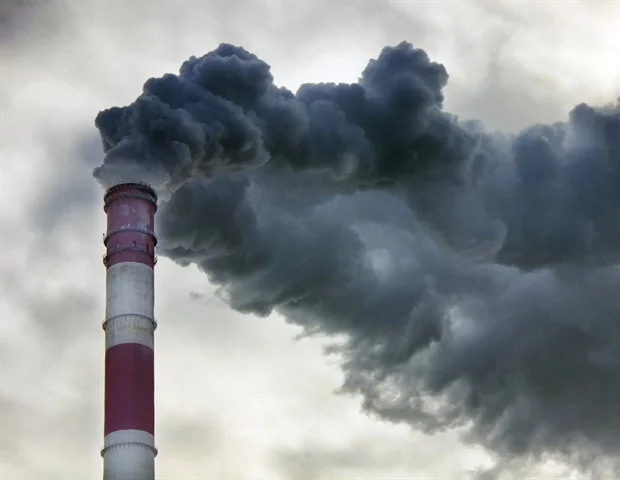A recent analysis has exposed the devastating impact of fine particle air pollution from coal power plants on the health of elderly Americans.

A recent analysis has exposed the devastating impact of fine particle air pollution from coal power plants on the health of elderly Americans. The study, spanning the period from 1999 to 2020, contends that coal-related air pollution was responsible for the deaths of a staggering 460,000 individuals aged over 65 in the United States, a figure significantly higher than previously estimated.
The primary culprit identified in the study is toxic sulphur dioxide gas emitted during the burning of coal for electricity. This gas reacts with elements in the atmosphere, giving rise to harmful fine particles that can travel hundreds of miles, adversely affecting the health of individuals exposed to the pollution. The consequences include a heightened risk of heart disease, respiratory conditions, and cancer.
While regulatory measures and the shift from coal to natural gas have successfully curtailed 97 percent of such pollution, the study underscores that at least 1,600 US residents continue to succumb to the adverse effects of coal emissions annually.
Lucas Henneman and his colleagues at George Mason University in Virginia conducted the analysis, comparing levels of fine particle coal pollution in various ZIP codes with excess deaths of Medicare insurance participants, primarily comprising individuals aged 65 and over. The findings revealed that the impact of this pollution was more than twice as deadly as previously thought.
Henneman emphasizes the multifaceted harm caused by coal, stating, “There are a lot of marks against coal. It’s really bad for climate. It’s bad for the environment when you extract it. And when we burn it, it’s bad for our health.” The study reinforces the urgent need for continued efforts to transition away from coal and towards cleaner, more sustainable energy sources.
Despite a drastic decline in fine particle coal pollution between 1999 and 2020, largely attributed to the implementation of emissions standards, some coal power plants, such as WA Parish in Texas and Labadie in Missouri, continue to operate without scrubbers that capture sulphur dioxide in their smokestacks. This highlights the importance of comprehensive and consistent regulations to ensure the reduction of coal-related emissions and protect public health.
As the study sheds light on the prolonged impact of coal emissions on the elderly population, advocates for environmental and public health call for sustained efforts to accelerate the transition to cleaner energy alternatives.
The findings serve as a stark reminder of the interconnectedness of environmental, health, and regulatory factors in shaping the well-being of communities, urging a collective commitment to mitigating the adverse effects of coal-related air pollution.